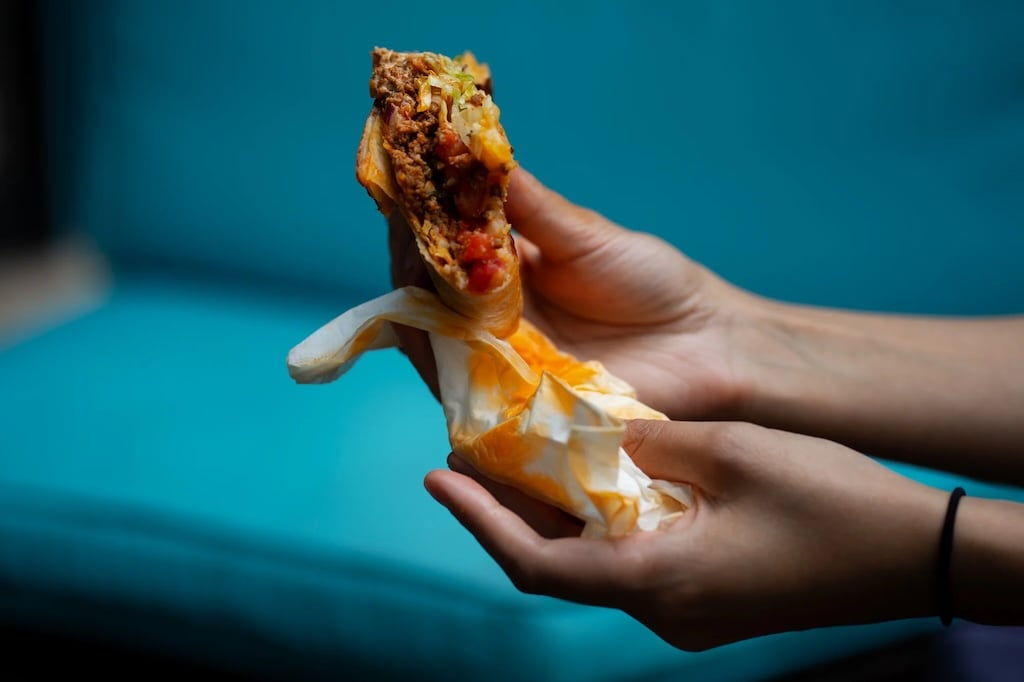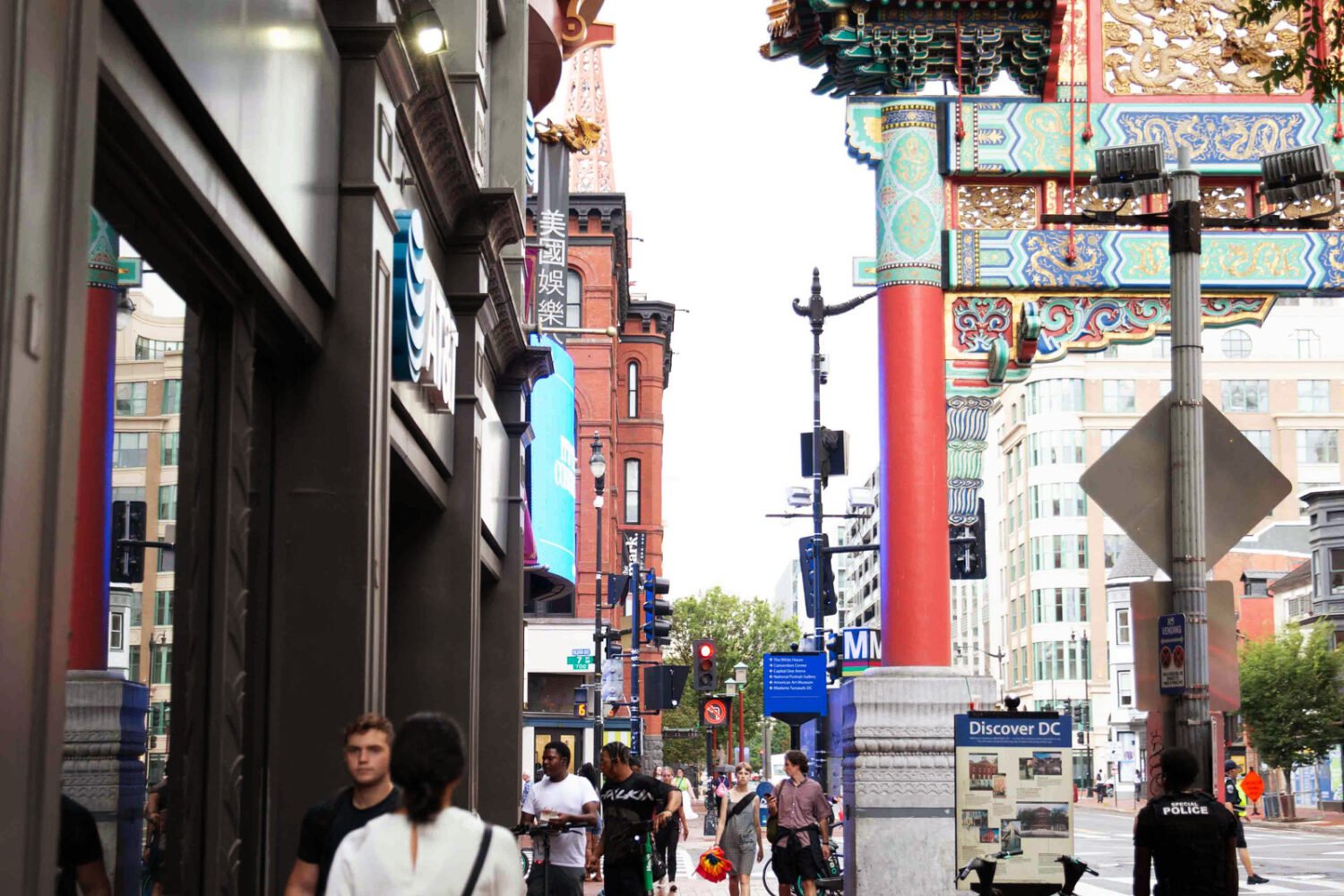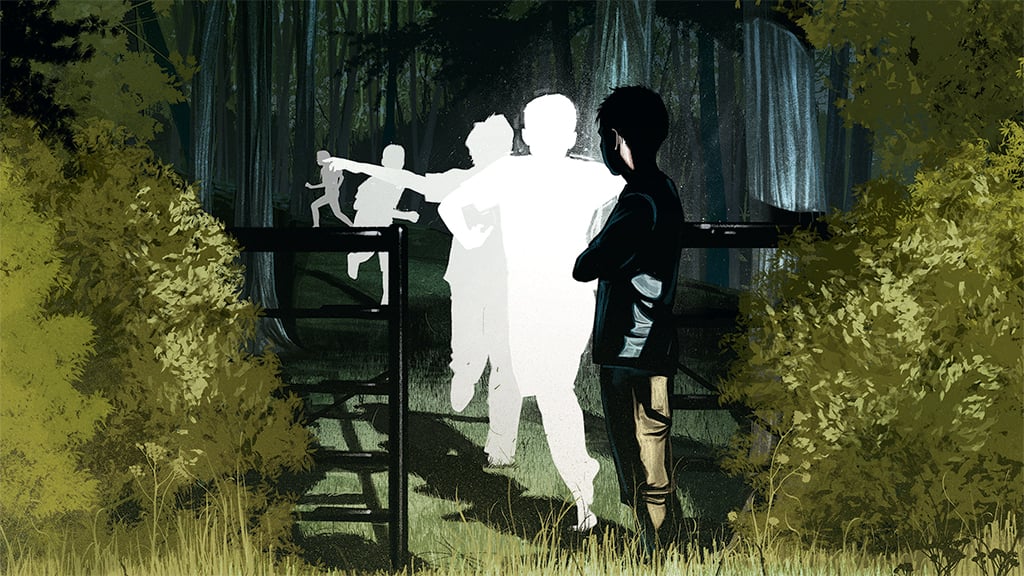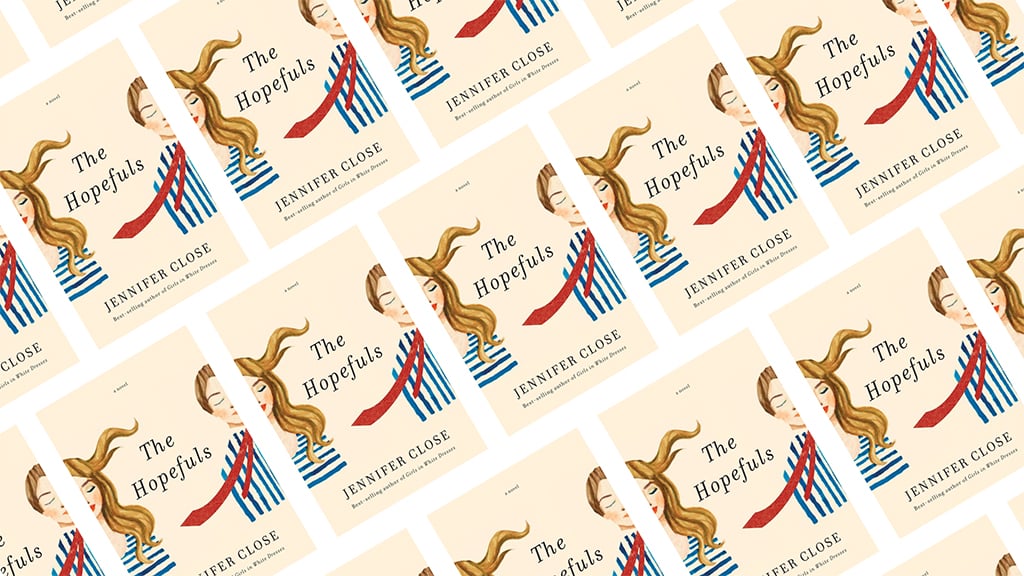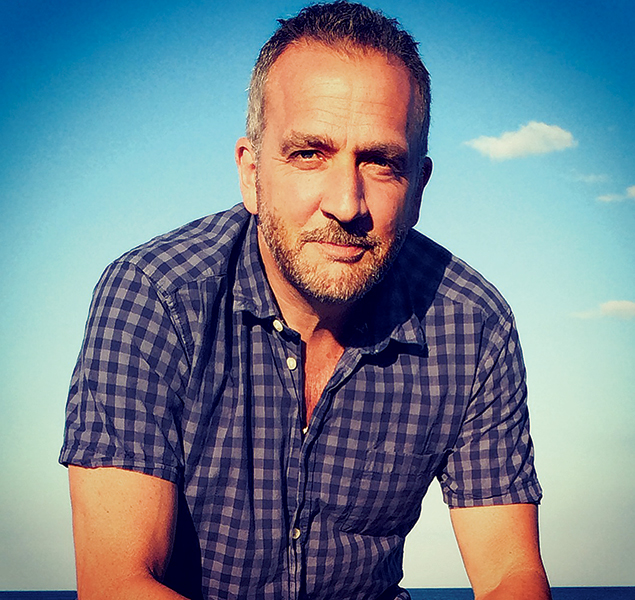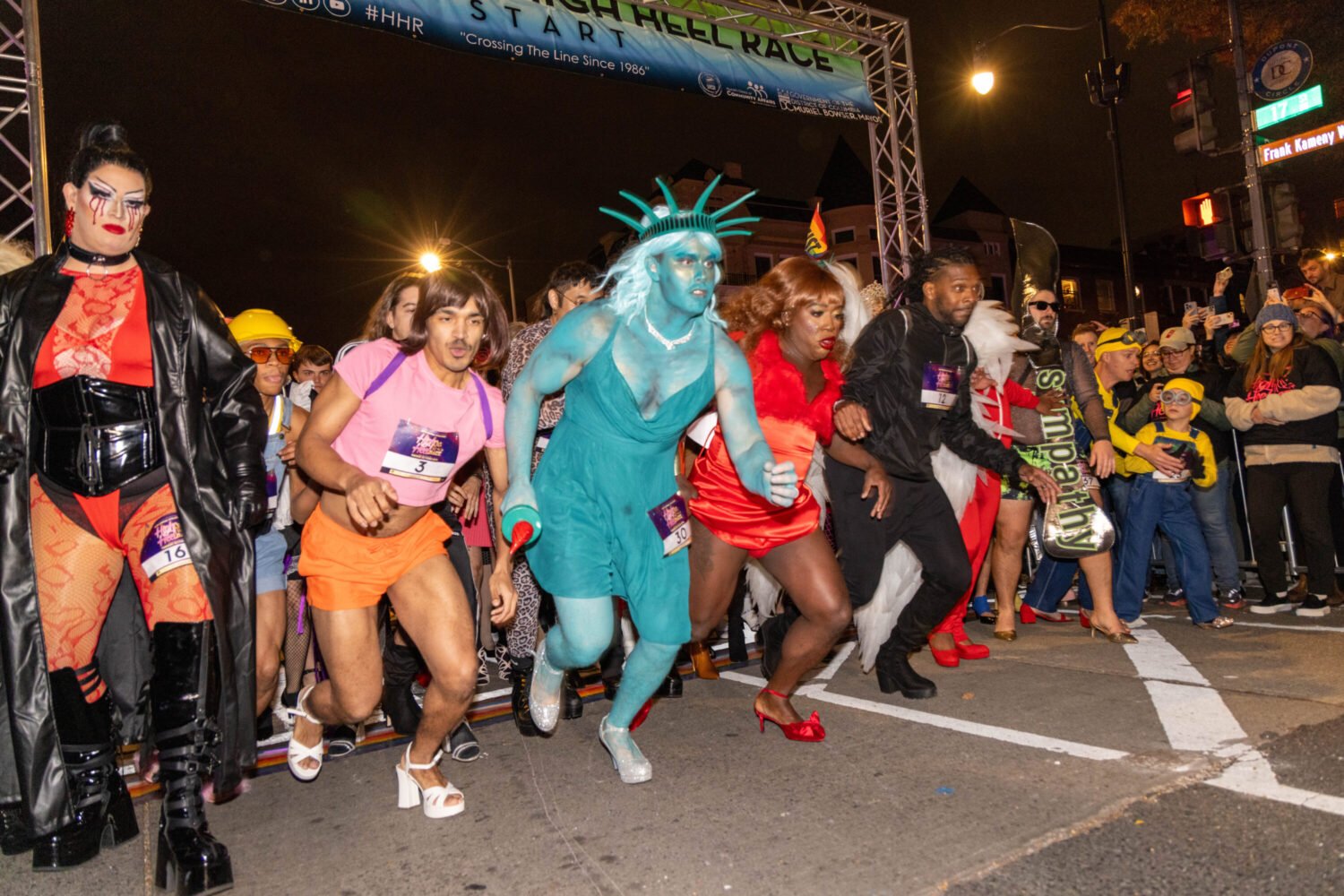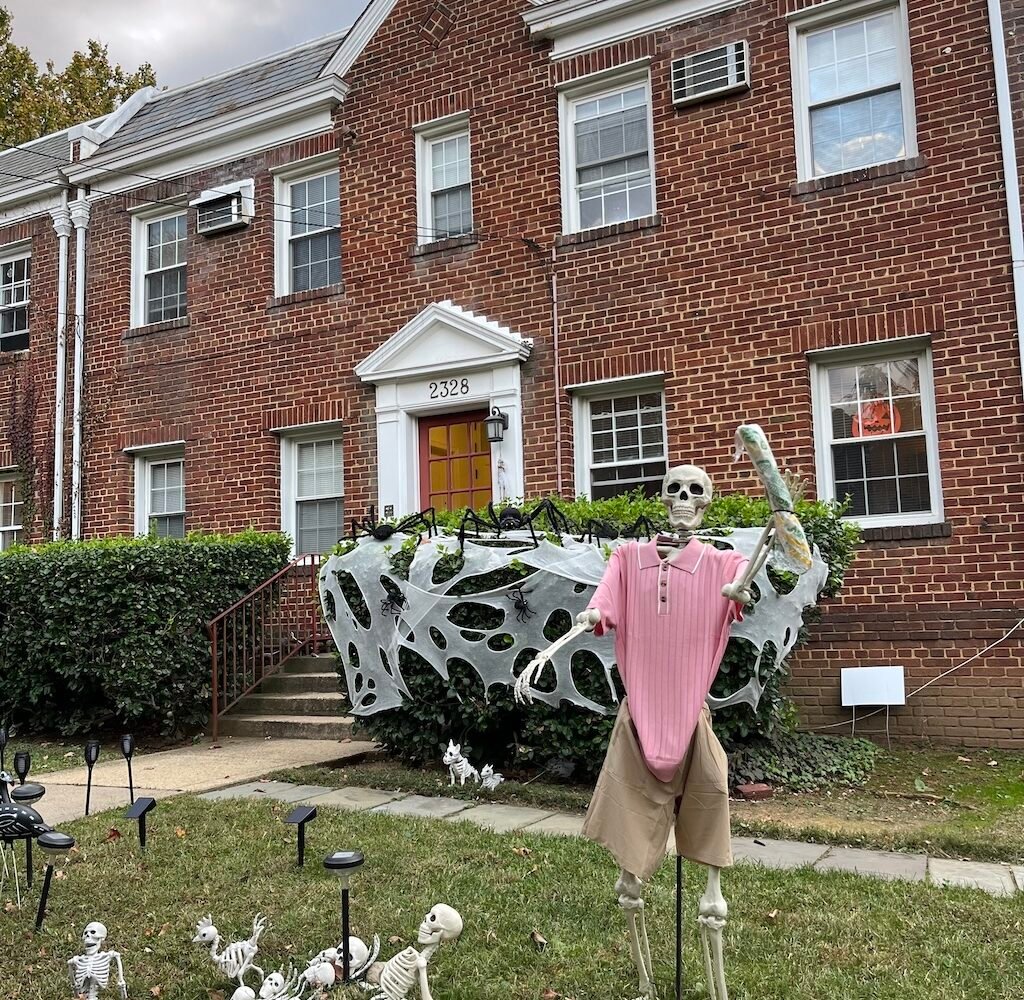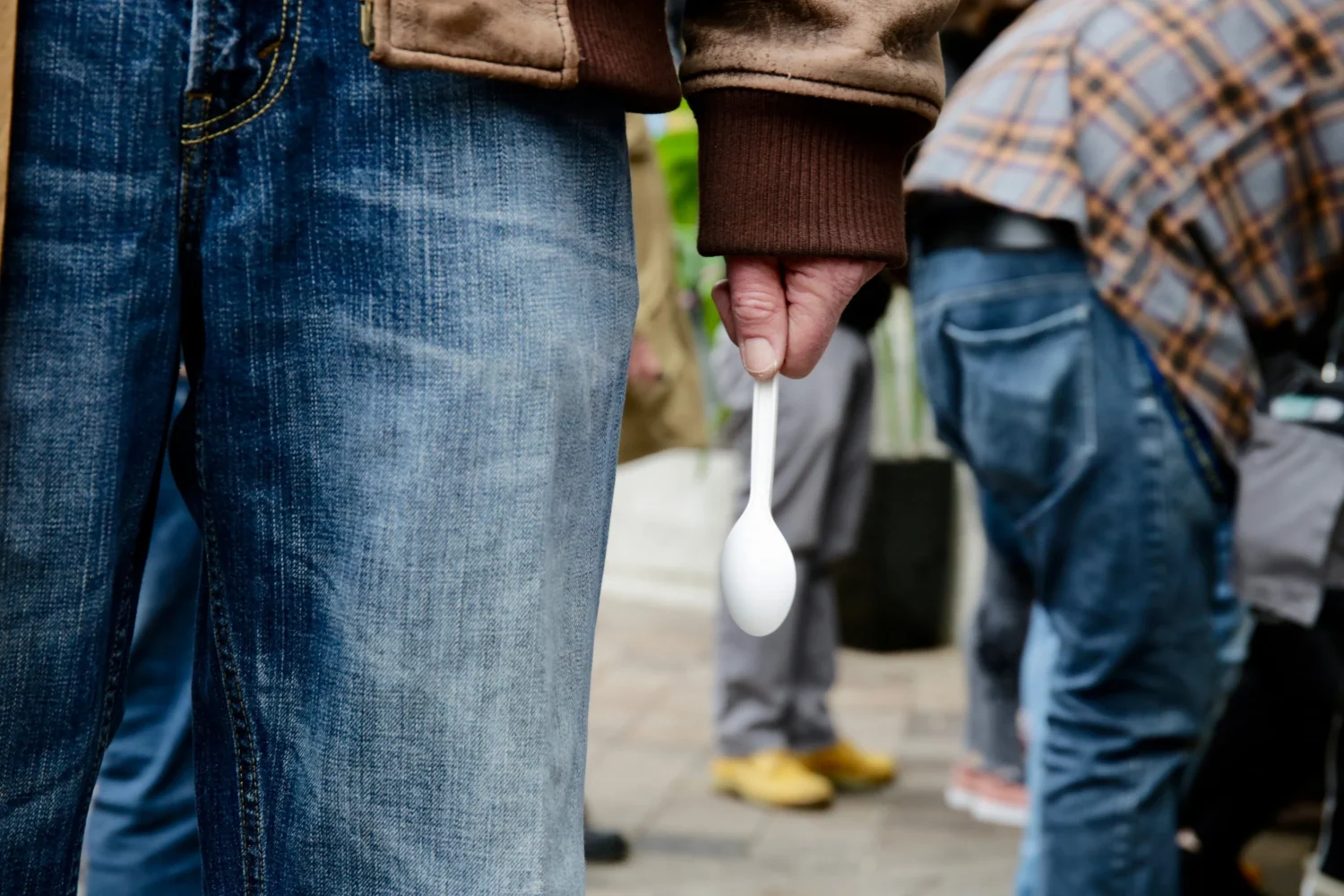Really? Another book about Obama? Yes. And if you love
exhaustive, sprawling biographies, you’ll want to free up some serious
real estate on your shelf for David Maraniss’s Barack Obama: The
Story. The book captures the full arc of the President’s backstory, a
tale that begins with his forebears in an African village and America’s
heartland, extends through his Indonesian youth and Hawaiian adolescence,
and ends with his enrollment in Harvard Law.
Maraniss—a Washington Post editor whose previous
biographies have been the definitive word on greats from Bill Clinton to
Vince Lombardi—is a meticulous researcher, and this book is almost
unbearably detailed. But Barack Obama offers its share of
rewards, particularly in its insightful portrayal of what some have called
Obama’s “dark years,” his time as an undergrad at Columbia, to which he
transferred from Occidental College. Before illuminating this period in
one of the book’s longest chapters, Maraniss explains the main reason
those years are so enigmatic: Obama didn’t live on the Columbia campus.
Had he done so, the author notes, “scores of people would have known him
right from the start.” Maraniss’s Obama is sympathetic, and in contrast to
his exotic background, he emerges as a normal, well-adjusted guy. At
Occidental, “Barry’s” Mick Jagger impression was legendary, and as a teen
at Honolulu’s Punahou School, he was known for snagging joints from his
buddies’ hands and shouting “Intercepted!” before taking an extra
hit.
Halfway through the book, Maraniss describes a day when a
high-school teacher asked Obama what people should most fear. “Words,”
uttered the boy who would be known for his stirring speeches. “Words . . .
can be weapons of destruction.”
• • •
Vanity Fair’s excerpt from the book lit up the Twitterverse last month with billets doux between #44 and his college sweetheart. Here are a few other tidbits from the rest of the book.
• Bury Barack in Africa? Maraniss points out that Obama’s father and grandfather are members of the Luo clan, a “fiercely patriarchal” tribe in Kenya, who believe that maternal lineage doesn’t matter. So, any child born to a Luo man, “will always be a Luo and nothing but a Luo, and when his days are done they expect that he will be put to rest in the Luo burial plot in Nyang’oma Kogelo with his Luo relatives.” Let’s hope they’re not holding their breath.
• The Choom Gang. Obama’s high school buddies at Punahou School, according to Maraniss, called themselves the “Choom Gang,” and when they weren’t studying or playing hoops, they spent time getting high, listening to Aerosmith, Blue Oyster Cult, and Stevie Wonder. One night, while drag racing on a mountain road, a member of the Choom Gang rolled his car. No one suffered any serious injuries, but Maraniss says Obama razzed his buddy relentlessly—“You can’t drive for shit!”
• Barry Can’t Jump. Maraniss says that Obama was one of the most “earthbound” members of Punahou School’s 1979 state champion basketball team. “Barry’s lack of ups was obvious,” a former teammate tells Maraniss, and he says that Obama’s coach “coined a phrase for him: Barry Obama, famous for his no-jump jump shot!”
• Writer in Chief. “Dreams of my Father” established Obama’s talent as a memoirist, and The Vanity Fair excerpt gave us Obama-as-critic—“Eliot contains the same ecstatic vision which runs from Münzer to Yeats. However, he retains a grounding in the social reality/order of his time,” he wrote to Genevieve Cook. But in Barack Obama, Maraniss also shows us Obama the poet in this piece the future president wrote for the Punahou School literary magazine.
An Old Man
I saw an old, forgotten man
On an old forgotten road.
Staggering and numb under the glare of the
Spotlight. His eyes, so dull and grey,
Slide from right to left, to right,
Looking for his life, misplaced in a
Shallow, muddy gutter long ago.
I am found, instead.
Seeking a hiding place, the night seals us together.
A transient spark lights his face, and in my hour,
He pulls out forgotten dignity from under his flaking coat,
And walks a straight line along the crooked world.
A version of this article appears in the June 2012 issue of The Washingtonian.
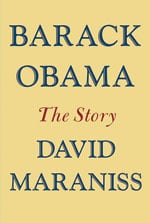
Publisher:
Simon & Schuster
Price:
$$32.50




